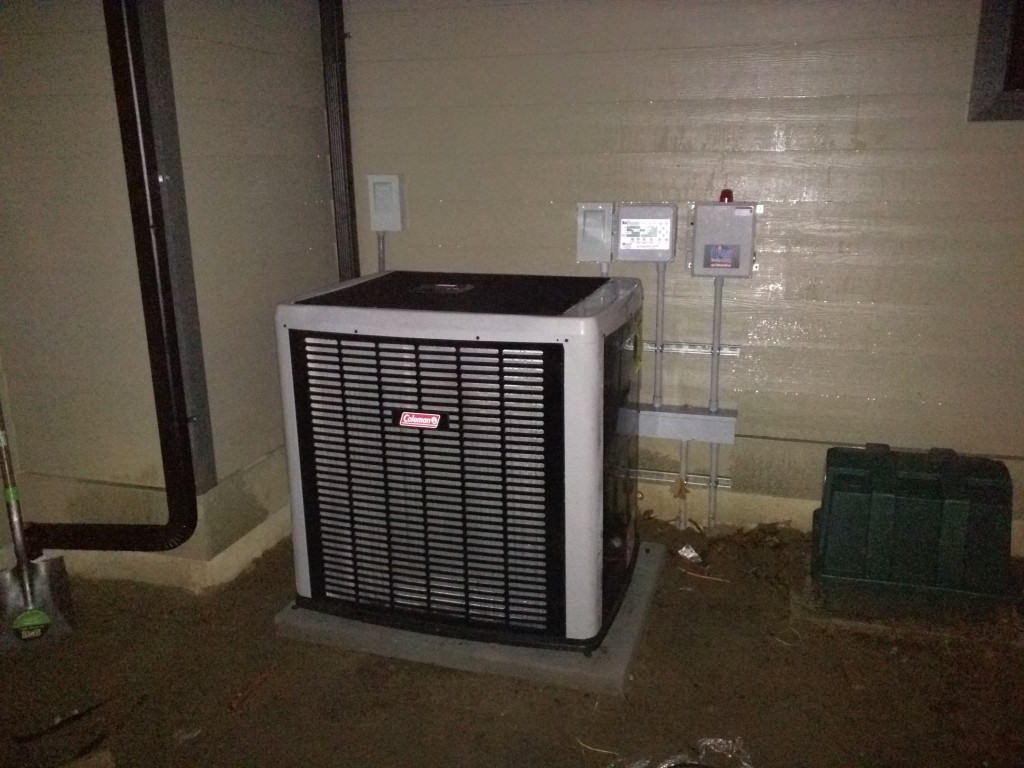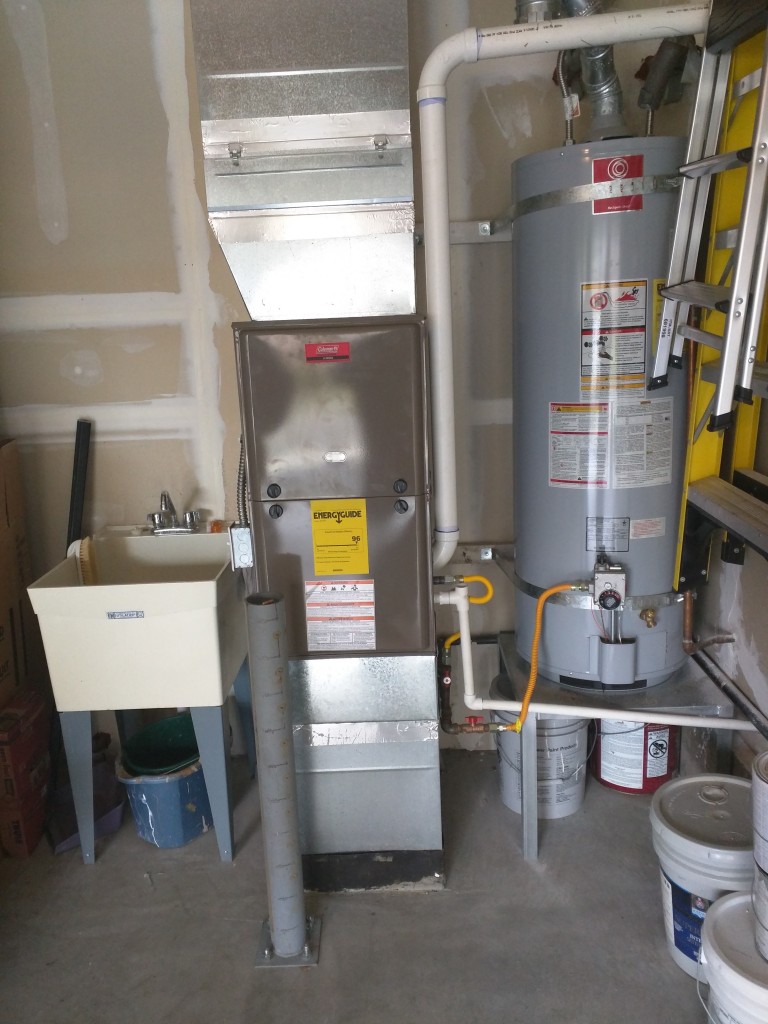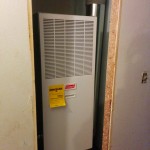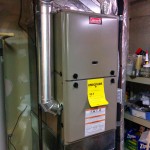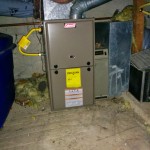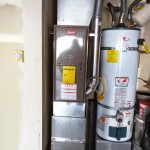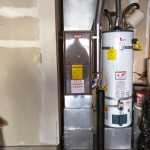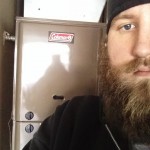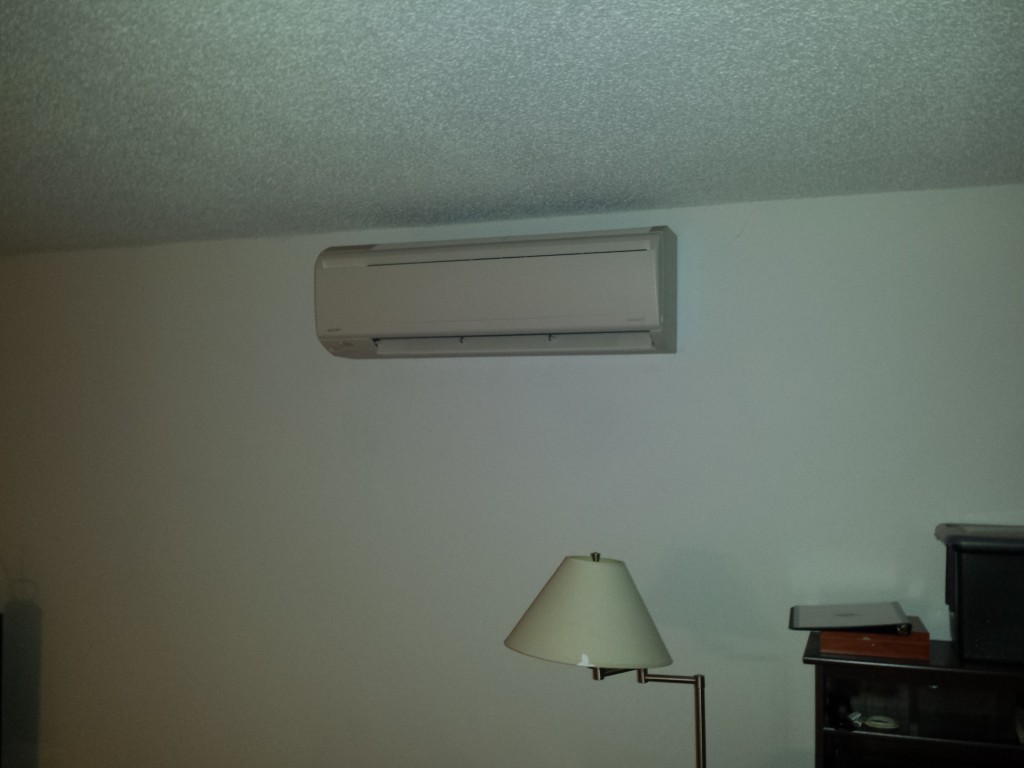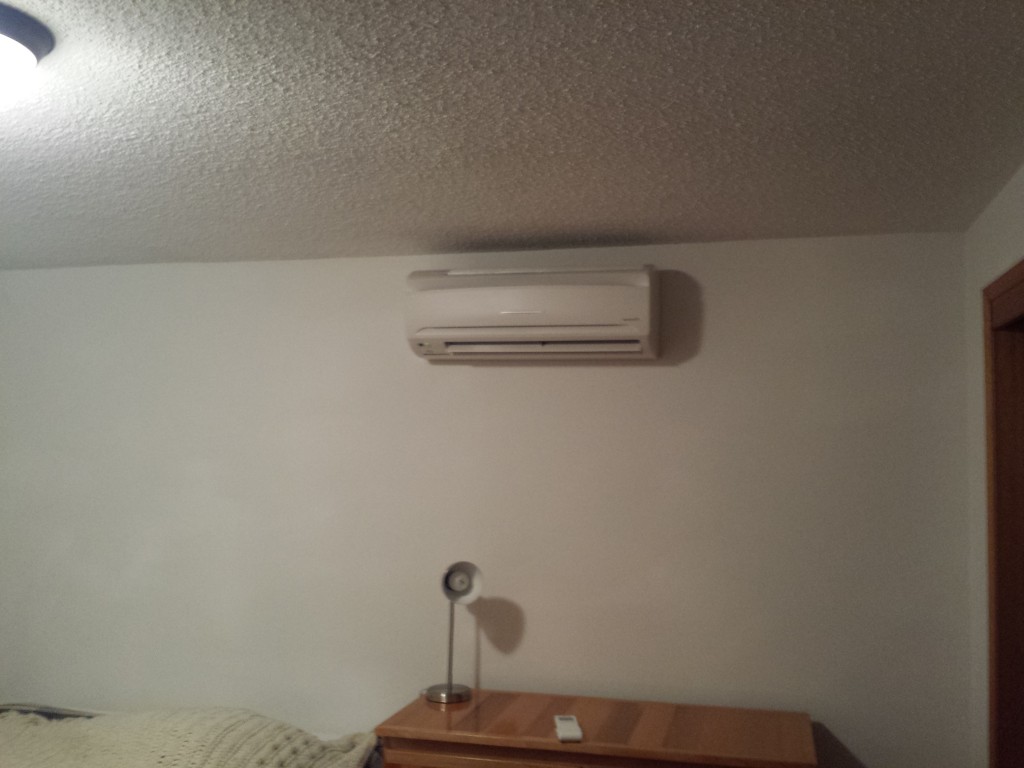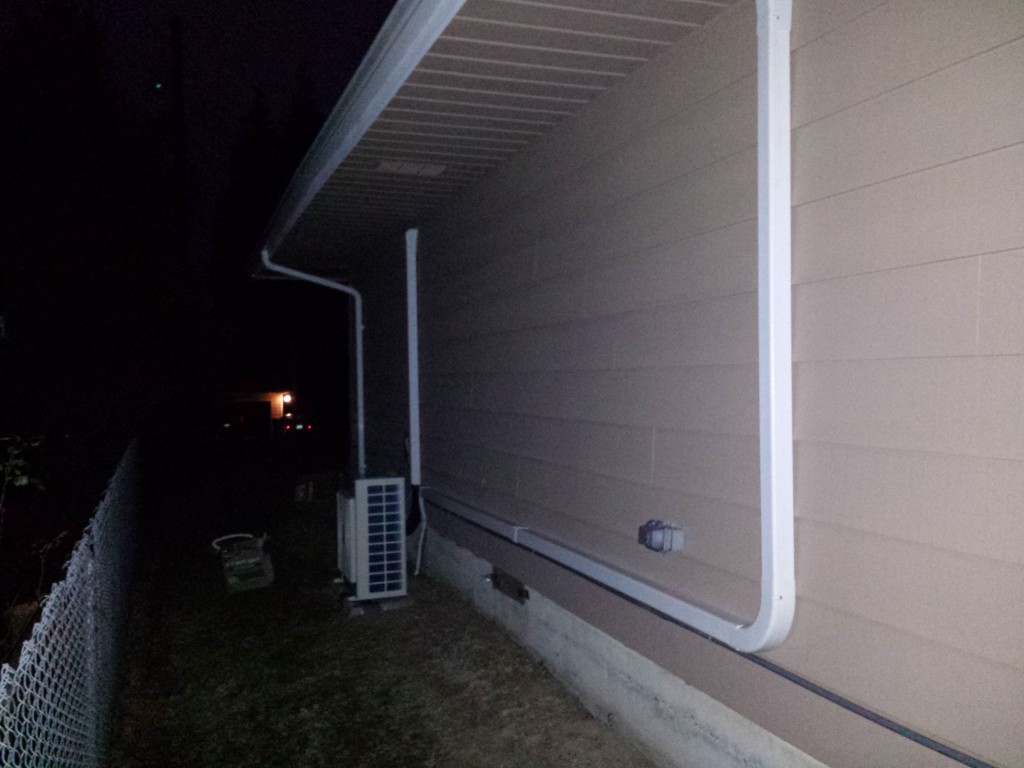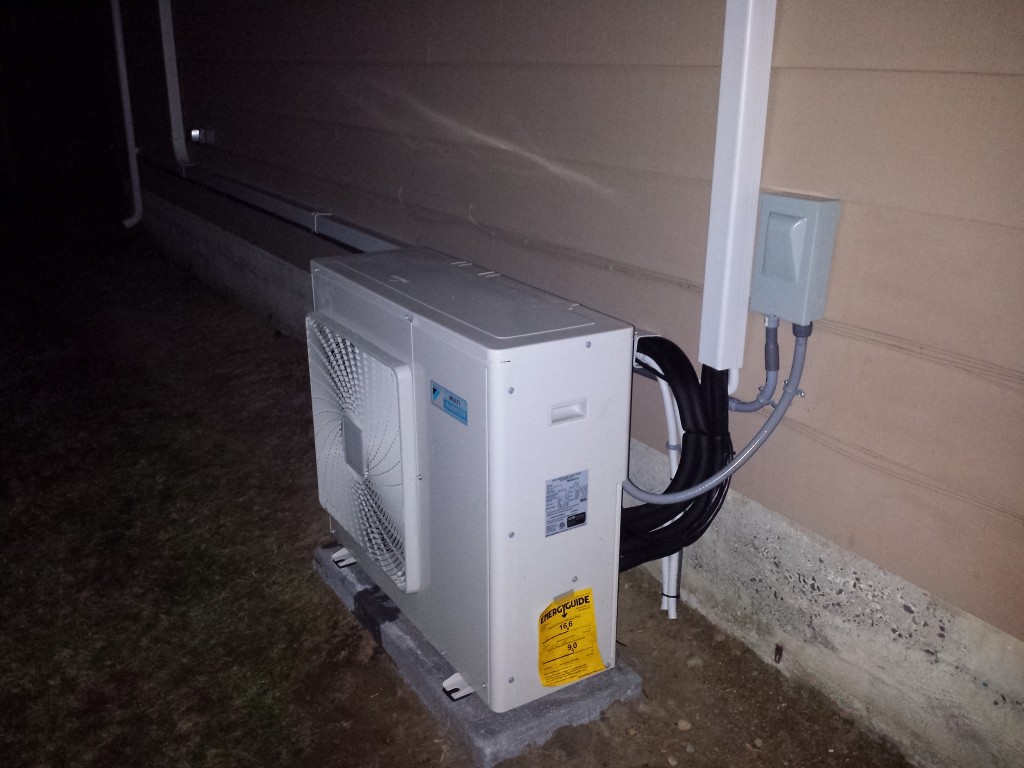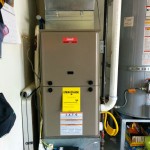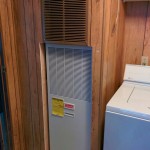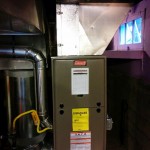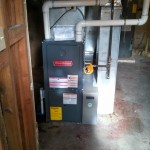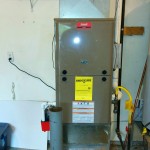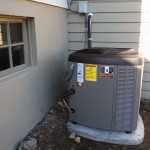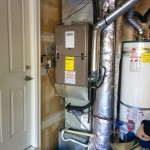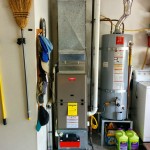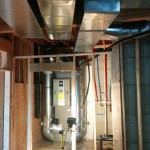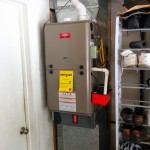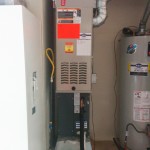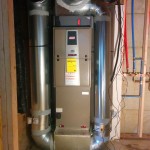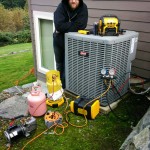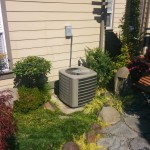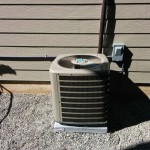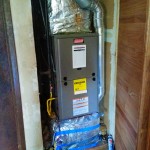All posts by Cory
Heat Pump vs Air Conditioner
Around this time each year we start getting this question alot as people start looking at air conditioners and hear that they should consider a heat pump. All you wanted was some A/C to give you relief from the heat, why is some saleman telling you that you should consider a heat pump?
Well lets start with what these names mean. An Air conditioner, as we call it without even thinking about it, is a piece of equipment we know to cool the temperature of a space. So why not air cooler? When we look at how an air conditioner works it really is a fitting name. Saying it cools the air is selling an air conditioner short. One of its most important jobs is humidity control. Air conditioners dry the air inside your house. This is important because dry air feels cooler and keeps you from feeling sweaty. Warm air holds more moisture than cool air, so as the freshly dried and cooled air starts warming back up in our home it becomes “thisty” for more moisture. This effect accelerates our bodies own cooling system leaving us feeling cool and dry. By controlling both temperature and humidity Air conditioners really are conditioning that hot summer air.
Ok so how about Heat Pumps then? Heat pumps get their name from what they do. Through condensing and evaporating of a refrigerant in a looped system, heat pumps literally pump heat from one place to another. Ait conditioners work in this same way but only pump heat from inside to outside. The difference is that a heat pump can pump both ways. They are able not only to pump heat out of your house in summer, as an A/C does, but pump heat into your house in the winter.
Short answer is A/C = cooling and heat pump=cooling and heating.
Now back to the salesman. Why is he trying to sell me a heat pump when I already have heat and just want cooling? Truth is, He may not just be trying to get an upsell. In most cases a heat pump makes much more sense then an air conditioner. This is for the simple reason that heat pumps pay your back in a decreased heating bill, and over time will pay for themselves, while an A/C will only add expense. Here’s why, One cubic foot of natural gas holds about 1,000 BTUs of heat, one cubic foot of propane has about 2,500 BTUs and one killowatt of electricity puts out 3,200 BTUs. These values are absolute and represent an unreachable 100% efficiency. No matter how efficient your furnace, air handler, or boiler is, it cannot exceed these numbers. This is because these units are generating heat using those fuels and those values represent the maximum retrievable energy each one holds. As the name implies though, heat pumps use their energy to move heat from one place to another. By moving heat rather then generating it, a heat pump can put over 13,000 BTUs into your home for every killowatt used. Believe it or not there is enough heat in the air outside to heat your home all the way down to negative 10f.
So this summer when you start to consider an air conditioner. You might want to spend the extra little bit and get the heat pump.
New Efficiency Standards
As of January 1st the US Department of Energy has new efficiency standards for residential and commercial heat pumps and air conditioners. All new air conditioners installed after 1/1/15 must be at least 14 SEER. There is an exception to this rule though, that we happen to fall under here in the pacific northwest. What they have done is divide the country into “heating” or “cooling” regions. If you live in a Heating region, which we do, then the new minimum SEER does not apply.
Heat pump minimum ratings however, are changing for everyone. The new minimum SEER rating is 14 with a minimum HSPF of 8.2. The method of calculating a units minimum efficiency is also being updated. New standards rate a units SEER and HSPF on its match-up with an indor coil and furnace/air handler. So the system must achieve 14 SEER and 8.2 HSPF in its installed state. Although these new regulations are already in effect, they did give distributors 18 months from January 1st to clear out stock of 13 SEER equipment. So it is still available, although who knows what there prices will look like or how much stock is actually available.
More info on what these efficiency ratings mean can be found here

